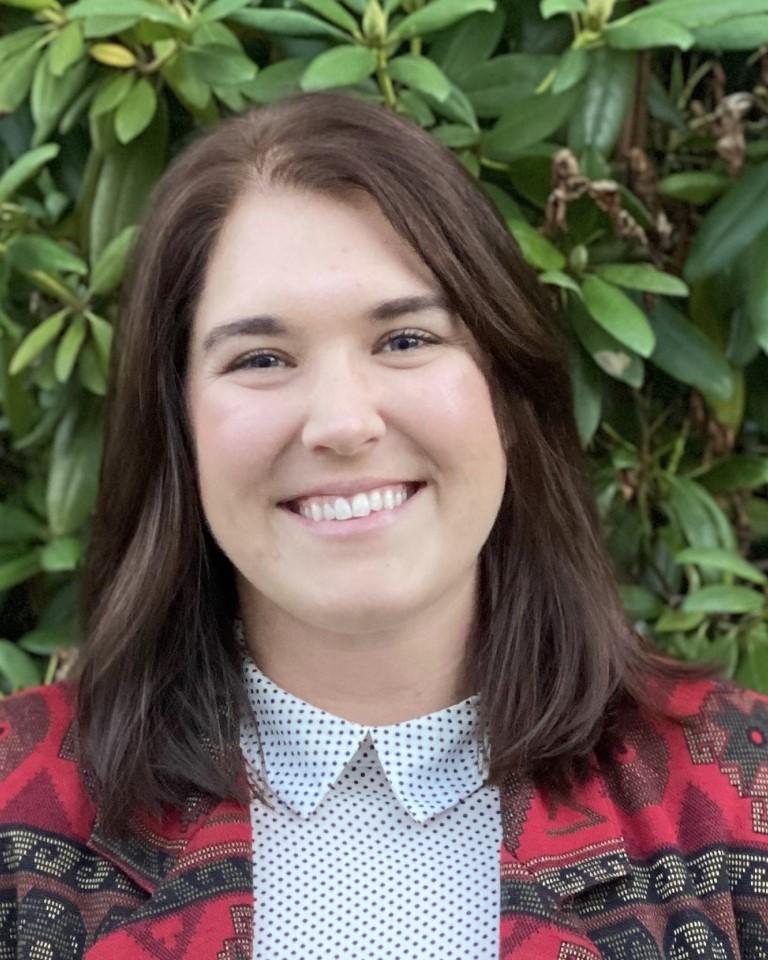Casey Pederson

Alumni Spotlight | Summer 2021
Undergraduate KU major: Psychology
Graduation Year: 2014
Current occupation: Clinical Psychologist (Postdoctoral Fellow)
Research mentors while at KU: Paula Fite, PhD
Describe the undergraduate research/creative experience that you had while at KU: I completed quantitative analyses examining how parenting affects the association between different functions of aggression and Oppositional Defiant Disorder symptoms in children. In other words, I evaluated whether parenting behaviors, such as monitoring youth behaviors, enforcing rules consistently, being involved in youth activities, positively engaging with youth, and using corporal punishment, was important to understanding how aggressive behavior is associated with clinical behavioral disorder symptoms. As a part of this experience, I completed data analysis on an existing dataset with my mentor, and I was responsible for writing and submitting the manuscript to a peer reviewed journal.
Q: What do you think was the most important thing you learned while doing undergraduate research?
A: This project was important for my development as a researcher because I learned how to ask research questions in a way that could be analyzed and described to others. While I have refined this skill over time, learning how to ask research questions, select the appropriate analyses, and conduct those analyses has been foundational to my career.
Q: What advice do you have for undergraduates who might be interested in doing research or creative scholarship?
A: Just do it! The best way to find out whether research is something you might want to do in the future is to try it out and see if you like it. It can feel really overwhelming at first, but, with the right mentor, you will be able to see your project come to fruition!
Q: Do you use any of the skills or perspectives gained doing research in your current occupation? How so?
A: Completing this project from start to finish was the foundation to my later research career, and I still refer back to the published paper to remember how best to structure an introduction or explain results. This project also taught me that I love research! After receiving this award and executing the project, I felt confident in my abilities and solidified in my decision to pursue a PhD in clinical psychology.
Q: Many undergraduate researchers are making decisions about what to do after they graduate from KU. Having been in those shoes, what do you know now that you wish you’d known then? Do you have any advice?
A: I would HIGHLY recommend taking a couple years after graduating to pursue adjacent research experience in the field you are interested in prior to beginning graduate school. This type of job can take on many titles and forms but is most often referred to as a research assistant position. Taking a couple years to pursue research interests in this way helps to (1) solidify what you are interested in studying and/or ensure that full time research is right for you, (2) expand your professional network, and (3) make you a more competitive graduate applicant. One thing that I have learned is that there are a lot of ways to be involved in research that are fulfilling and meaningful but don't require a PhD.